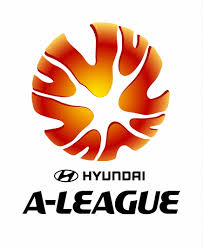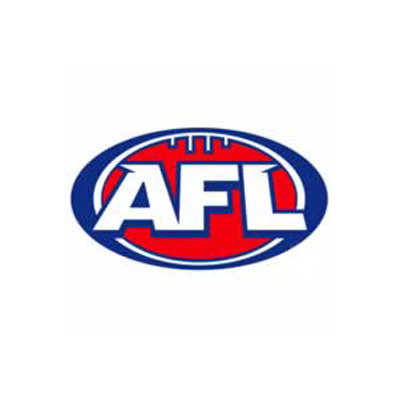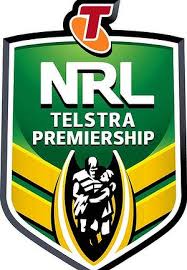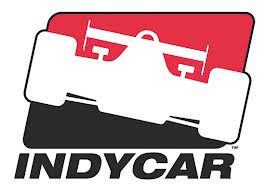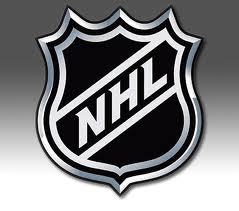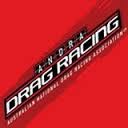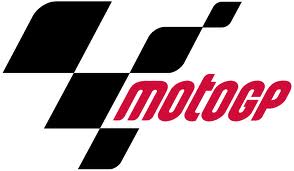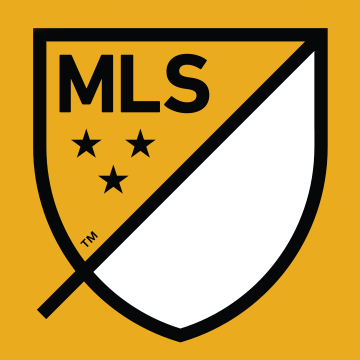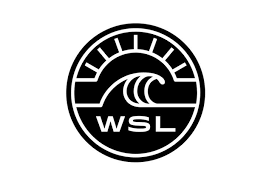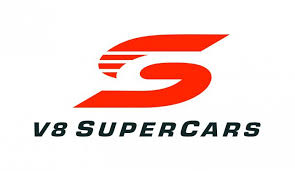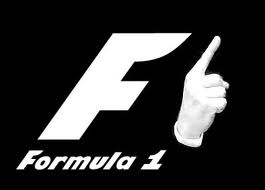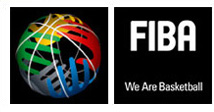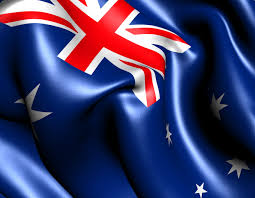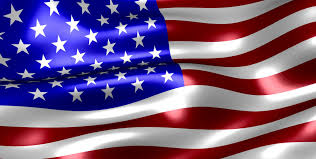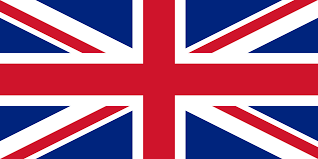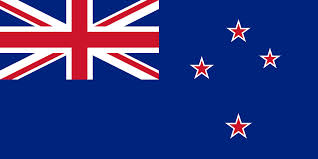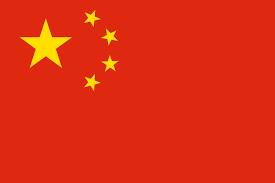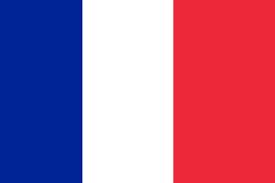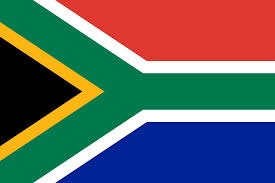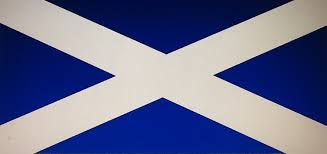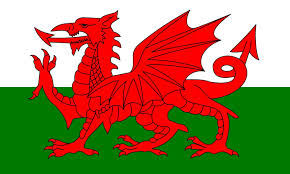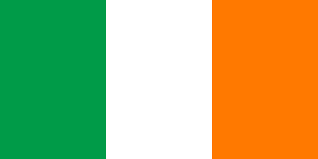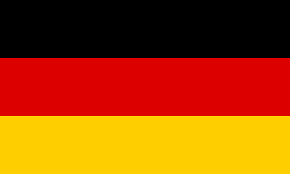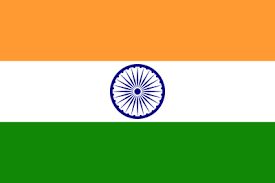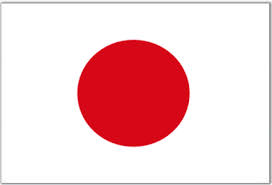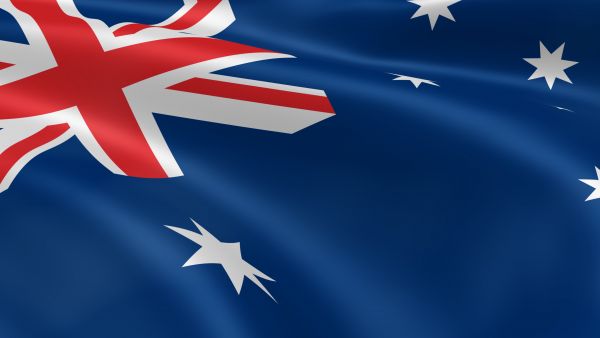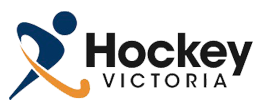Hockey Victoria (Hockey)
Latest News & Results
History of Hockey
The origins of modern hockey have not been officially recorded in any detail, as a result we can only make assumptions as to the roots of the game.
Hockey is believed to date from the earliest civilisations, and is possibly one of the oldest sports in the world. As far back as 500BC, pictorial illustrations have been found depicting different variations of stick and ball games in many parts of the world. The Arabs, Greeks, Persians and Romans each had their own versions of the game, as did the Aztec Indians of South America. It is also possible that hockey has its origins in the national game of Ireland - hurling.
It is unknown how the word hockey was derived, but the most likely explanation is that it came from the French word "hoquet" meaning a shepherds crook. The English may have adopted the word, anglicised the spelling and pronunciation to hockey.
The birth of hockey as we know it today took place at the Teddington Cricket Club, where a more sophisticated game of hockey was being developed. It was through discussions at this club that decisions to include dribbling, passing, no use of the hand to stop the ball, goal scoring only from inside the goal circle and restricting the stick to shoulder height on follow through were reached.
With experience, the rules of the game were revised and altered. In 1889 the pyramid system of using 5 forwards, 3 half backs, 2 full backs and 1 goalkeeper evolved. This system is the most commonly used in hockey today.
Hockey at the Olympics
Men's hockey was first played in the modern Olympic Games in London 1908. Host nation England won the tournament from Ireland.
Hockey was not included in the 1912 Olympic Games due to insufficient support, but it was included on the roster in 1920 where England was awarded the gold medal. Hockey was not included in the 1924 Olympics, but it was reinstated for the 1928 Games in Amsterdam and has remained ever since.
Women's hockey first appeared on the Olympic program at the Moscow Games in 1980. The boycotts of the Moscow Games by various countries did not lend itself to a smooth start for women's hockey as an Olympic sport. Australia first participated in the women's hockey competition in 1984. The format of the women's tournament has changed several times over the years, the most recent being an 8-team format in 1996 and to be a 10 team competition in Sydney 2000 and 12 teams in 2004. The men's competition comprises 12 teams.
Hockey in Australia
The British Army has been credited with the spread of hockey throughout the world, but in the case of Australia, the British Navy deserves the honours. In the late 1800's, Australia did not have a naval fleet of her own, and relied upon the Royal Army for the security of her coastline. The British Naval officers stationed in Australia taught the locals the game of hockey, and laid the foundations of a sport which Australian's have mastered, and developed a style of their own.
Records do not show where or when the first game of hockey was played in Australia. It has been suggested though, that as South Australia was the first state to form an association, that the first game took place in that state. The South Australian Hockey Association was formed in 1903.
In 1906, Victoria, and New South Wales formed their own state associations. Men's clubs sprang up in both Melbourne and Sydney, and hockey became an established sport in Australia.
Hockey was played in Western Australia as early as 1902, but the West Australian Hockey Association was not formed until 1908. Queensland was a late starter not forming a governing body until the late 1920's.
Australian governing body
The need for an Australian Hockey Association was identified as early as 1912, but it did not come into being until 1925. The first sitting of the AHA Council took place in Sydney on 8 May 1925 at which Queensland, New South Wales, and Victoria were represented.
The first Annual General Meeting of the Australian Hockey Association was held on 29 June 1925. The minutes of that meeting noted that there were 54 teams playing hockey in Australia in 1925. New South Wales had the largest hockey playing community with 18 teams, Victoria 17, Queensland 15 and South Australia 4.
Australia became a member of the International Hockey Federation (FIH) in the same year. As the number of Australian's playing hockey grew, so too did the Australian Hockey Association. The founding members of NSW, Victoria, and Queensland were joined by South Australia later in 1925, WA in 1927, Tasmania in 1934, the ACT in 1972, and the NT in 1979 (full member).
The Australian Men's Hockey team is recorded as playing their first international game against New Zealand in 1922. New Zealand provided the only source of international competition until 1925 when the world leading Indian team visited Australia for the first time.
India returned to Australia in 1926, en route to New Zealand. The Australian team was severely outclassed by the powerful Indian team which went on to win the Olympic gold medal in Berlin in 1936. In order to become a more competitive force in international hockey, Australia decided to change and adopt elements of the Indian game, and develop a unique Australian version of hockey.
Australian hockey today
In 2009, Hockey Australia comprises of eight member states and territories, and numbers approximately 100,000 male participants throughout the country. Hockey is played by all ages, starting with Hook in2 Hockey for primary school children, progressing to half-field hockey, junior hockey, and the full game, which can be played through to veterans years.
The Australian Hockey League (AHL) season is played during late summer, in the months February through to April. Australia has hosted numerous major international hockey tournaments in recent years including the Champions Trophy Tournament in Perth in 1985, Melbourne in 1990, Adelaide 1997 and Brisbane in 1999, the World Cup in Sydney in 1994, the 2000 Olympic Hockey Tournament, the 2006 Commonwealth Games and in 2009 Sydney will host the Women's Champions Trophy and Melbourne will host the Men's.
History of Junior Hockey
- VJHA constituted. Apparently because VAHA (now VHA) Administrative workload was becoming so great that the interests of juniors were not being properly addressed.
- Queensland entered U14 Carnival for the first time. Victoria won Interstate Invitation Carnival.
- Various sub-committees were established. VJHA participated in Olympic Telethon. Queensland entered U12 Carnival for the first time U12 Interstate Carnival conducted by VJHA in Melbourne.
- U8 Grade commenced to provide for those players too young to compete with 10’s. U14 Interstate Carnival conducted by VJHA in Melbourne.
- Latrobe U12 Club Carnival commenced. U16 Australian Championships conducted by VJHA in Melbourne.
- Junior Umpires Scheme commenced to provide a recruiting base for Umpires. Coaching Committee established (since abolished). Victoria won the U16 Australian Championships. U14 State team promotional visit to Hamilton.
- Coaching Committee joined Victorian Coaches Association. Victoria won both U12 & U14 Interstate Carnivals. U12 Interstate Carnival conducted by VJHA in Melbourne. U14 State Team promotional visit to Cobram. Juniors Umpired U12 Interstate Carnival for the 1st time. Junior Skills Assessment Day conducted for 60 players.
- Sub Committee set up to investigate U8 & regionalisation. Victoria won U16 Championships & U12 Interstate Carnival. Springvale U10 Club Carnival commenced. Junior Coaching Clinics commenced - 250 players 1st year.
- Victoria conducted first Junior Advisory Council for AHA. VJHA Rep appointed to State Teams Admin Committee (STAC). U14 Interstate Carnival conducted by VJHA. in Melbourne. Doncaster U8 Carnival commenced.
- U14 Carnival gained Australian Championship accreditation. Victoria won U16 Championships & U12 Interstate Carnival. Goulburn Valley Hockey Association commenced juniors.
- U14 Coaching Camp commenced for elite boys. First VJHA. Life Membership awarded - G. Stapleton. Geelong Junior Association affiliated with VJHA.
- Second VJHA Life Membership awarded - R. Ford. U12 Interstate Carnival conducted in Melbourne by VJHA.
- Ball Persons badges scheme introduced to provide a recruiting base for Ball Persons for major events. Matches played on synthetic surface for the first time.
- Competition age groups changed to “odd” years due to a change made to AHA Championship ages. Albury-Wodonga Hockey Association affiliated with VJHA.
- Girls competition commenced because many girls were now playing in the VJHA competition. The MWHA had made a couple of unsuccessful attempts to start a girls competition in Melbourne by starting at young and then older age groups. Both these initiatives failed. The VHA, MWHA and VJHA had commenced Mini Hockey several years earlier to assist in the establishment of a girls competition. By 1984 there were many girls playing in the older girls age groups and some members on the VJH.A Executive wanted them banned from boys grades. Minkey commenced as an initiative of AHA. Junior Development Sub-committee established to provide access for every player to the best coaching. This was the forerunner of the Skills in Action Program. Victorian U16 Boys Touring Team inaugurated to provide a bridge between U15 and U17 State Teams. Colac & District H.A. affiliated with VJHA. VJHA accepted control of the summer Indoor Competition because VHA were having Administrative difficulties in conducting the competition. There were 25 teams at that stage. By 1990 this number had grown to 108. Fixturing of matches on Friday nights commenced.
- MWHA invited to have representation on VJHA. U14 Boys promotion & development country tour commenced. This replaced the U16 Boys Team and was designed to develop players, bridge the gap between U13 and U14 and promote hockey in Victorian country areas. East Gippsland & Bendigo H.A.’s affiliated with VJHA. U17A competition commenced Friday night matches to overcome the problem of clashes with the private schools competition.
- U14 Girls Team included in U14 Tour Itinerary to provide development for girl players and for the long term to resolve the us and them attitude of VHA and VWHA administrators. Second U14 Camp introduced due to demand Skills in Action Programme commenced. Girls summer Indoor Competition commenced as an initiative of the indoor co-ordinator. There was initial reluctance but by 1990 there were 27 girls teams entered. Goulburn Valley & Warrnambool H.A.’s affiliated with VJHA.
- Mike Craig & VJHA Fairest & Best Medals introduced to promote fair play amongst U17 players. Victoria won U17 Australian Championships. Two additional U14 Camps introduced (Country & Girls) due to demand from the Metropolitan Girls and an endeavour to encourage Country Players to participate in greater numbers. Goalkeeper Skills in Action commenced due to the inability of the field component of the Skills in Action program to cater properly for goalkeepers. U13 Interstate Carnival conducted by VJHA in Melbourne. Appointment of Junior Umpires to Club Matches commenced. Camperdown. Gippsland. Kerang & West Gippsland affiliated.
- VJHA became incorporated to protect itself legally and also to rewrite its constitution to dispel the idea that VJHA was a sub committee of VHA. U16 Girls Australian Invitation Carnival begun by VJHA to provide stronger competition and bridge the gap between U14 and U18 which was not completely satisfied by the Schoolgirls team. U16 Girls State & Country Teams initiated to play in this carnival. Victoria won U17 Boys & U16 Schoolboys Interstate Championships. U9 Half Field Hockey commenced after several years pressure from AHA to introduce U11 half field and abolish U9 competition totally. Country Skills in Action commenced to provide accommodation free and therefore greater access for country players. Indoor competition regionalised to encourage lower grade teams to enter. Ararat, Bairnsdale H.A.’s affiliated with VJHA.
- VJHA By-laws formally adopted to tidy up grey areas and reassume some of the powers claimed by VHA. U13 Girls State Team initiated to provide development for elite players. Third Life Membership awarded - Bert Batch. First major sponsorship received approx $8.000 (in kind) to produce the indoor and winter fixture books plus special offers to clubs. Country Premierships conducted by VJHA for first time to provide access for country players to stronger competition and synthetic surfaces. Commenced with 32 teams. In 1991 expect approximately 50 teams to enter. SIA & U14 Camp scholarships inaugurated to provide access to coaching programs for those players in financial need. Sunraysia, Wimmera H.A.’s affiliated with VJHA. Geelong H.A. U15 Boys in the Melbourne competition. VJHA drafted sponsorship submission to VHPF because VHA and VWHA were getting money (sometimes for junior development) but VJHA were not.
- U13 Boys Country Team inaugurated to provide coaching for country players who do not make the U13 State Team and are therefore denied the access to better coaching and surfaces. Second major sponsorship received $15.000 from VHPF/FNP. Problems with clashes with Schoolboys trials resolved. U15 State Team and U16 Schoolboys won the Australian championships. U13 Club & Country Carnival inaugurated to provide competition for the U13 Country team, Glenelg, Leongatha, Orbost Womens, Sunraysia Womens affiliated. U17A girl’s competition changed to Friday nights. Geelong H.A. entered U17 Boys in the Melbourne competition.
- VJHA reassumed responsibility for the appointment of State Team Managers and Coaches due to concerns about the WHA. representation on and proper functioning of STAC. VJHA ceased using the State Hockey Centre for Club Matches due to the imposition of a gate charge by the centre as a result of the WHA refusal to pay a $4,000 levy in addition to normal hire charges. U13 Boys Zone teams established to provide better coaching to those players who do not make the U13 State Team. U13 Girls State Team abolished and replaced by Regional Teams to widen the development of girl players. Goulburn Valley H.A. entered U17 Boys team in the Melbourne competition. Geelong H.A. entered U17 Girls in the Melbourne competition. VJHA given observer status on Hockey Victoria. VJHA given representation on State Hockey Centre.
- >U17 State Team won the Australian Championships. VJHA Trophy for the Best Junior Girl’s Club inaugurated. Ladders program amended to adjust ladder position according to byes.
- VJHA lost Victorian Health Promotion Foundation Funding. Under 11 Girl’s Grade established. Under 14 Girl’s State Championships inaugurated. Responsibility for Under Coaching Camp handed over to hockey Victoria. Responsibility for Skills in Action Coaching Program handed over to hockey Victoria. Life Membership awarded to Dr. Frank Shann. Under 17 State Team Age group changed to Under 18 and handed over to VHA.
- Under 11 Girl’s Grade abolished due to lack of entries. VJHA reassumed responsibility for the Under 14 Coaching Camp. Responsibility for the Junior Country Premierships and Country Representative Teams handed over to the Country Hockey Association of Victoria. Under 14 Country Girl’s Team included in Under 14 State Championships. Grant MacPhie Medal for players in the Under Boy’s and Under 14 Girl’s Touring Teams inaugurated. Life Membership awarded to Keith Thornton.
- Club Secretary’s Instruction Manual published.
- Under 14 Coaching Camp discontinued.
- U15 Boy’s State team won the Australian Championships.
- Under 15 Boy’s State Championships inaugurated. VJHA Match Committee formed. Under 13 State Team won the Australian Invitation Carnival. Life Membership awarded to Margaret Tomlinson.
- Under 12 Boy’s Regional Development Program inaugurated. Responsibility for the Junior Indoor Competition handed over to the Senior Indoor Committee. Under 14 Tour changed to a Carnival in Albury. Life Membership awarded to Ken Parkin. VJHA Web Site established.
- U17 Boy’s State Teams inaugurated.
- VJHA employed a part time Treasurer. Cheryl Blair retired as President after a 9 year stint.
- Changes to the competition structure to accommodate the extra teams and differing player standards – 30 competition grades plus 5 under 9 grades. The VJHA finances were brought back to the executive control with an Honorary Treasurer. Hockey Victoria employed a Development Manager. Revamping of the Holiday Skills Camps. Naming the “Sue Hounslow Best Girls Club Trophy” and the “Ann Cassar under 13 State Shield” in appreciation of service to the VJHA. “Take It On” a Hockey Australia initiative introduced into schools.
SportingPulse an internet based result system was introduced to all hockey. The old Zone Championships were changed into a State Championships for Under 15 Boys and Girls, Under 14 Boys and Girls and Under 13 Boys. The Hockey Victoria “Vicstix” program was instigated across the whole of the state. This development program was a huge success in training athletes, coaches and managers. Amalgamation of the three associations was in December 2003!
VJHA no longer exists - all hockey is now under the amalgamated body - HOCKEY VICTORIA. - All Sports
- All Sports





